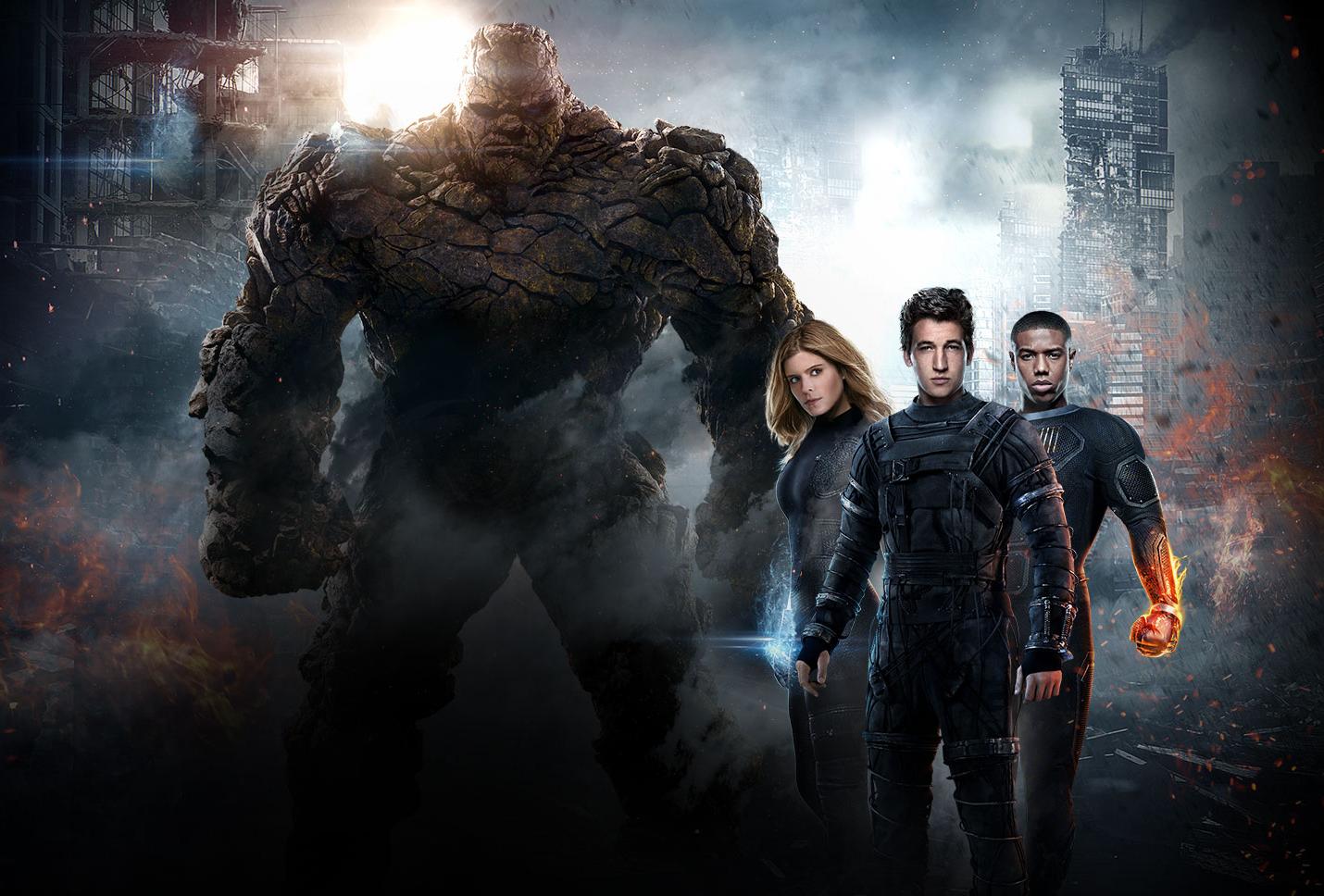Reed Richards is a nerdy kid who nobody likes or understands. Rather unbelievably, his science teacher admonishes the teenager (Teller) for performing a ‘magic trick’ after he creates the world’s first inter-dimensional teleporting device. Fortunately a scientist visiting the school, Dr Franklin Storm (Cathey), recognises Reed’s worth and immediately employs him to work on a top-secret version of Reed’s invention, which is already underway and financed by the government.
Reed’s late addition to the project means he steps on the toes of Victor Von Doom (Kebbell), who had previously headed up the venture, and makes the acquaintance of Sue (Mara) and Johnny Storm – Dr Storm’s children. After a successful trial with monkeys, the team decide to test the teleporter on themselves – a decision that leaves each of them with an entirely new skill-set. Reed can now stretch his limbs like rubber, Sue can turn invisible and Johnny can become a flying fireball at will.
Iron Man! Never heard of him!
In what seems to be a neverending barrage of superhero flicks this summer, we arrive at this reboot of Fantastic Four – the less said about previous versions, the better. Despite being based on a Marvel comic book, it is not a Marvel Studios production and instead licensed by 20th Century Fox, much like the X-Men franchise or Sony’s Spiderman films of the last two decades. That is to say that Fantastic Four doesn’t exist in the same cinematic universe as Iron Man, Thor or the Avengers et al and is therefore free to invent itself as it chooses …
At first, Fox appears to have used that freedom to make all the right choices – particularly with regards to the cast and director. Trank, whose debut film Chronicle was a refreshingly grounded take on the same genre – a spandex-free tale of a group of teenagers who have to come to terms with the acquisition of incredible powers – and it plays like Trank’s audition for this film. Trank is clearly interested in the scaled-down human aspects of the narrative and – in contrast with many other directors helming these big budget, effects-heavy, tentpole movies – he’s obviously skilled at eliciting naturalistic performances.
A telling performance
Teller, who put in a blistering performance in last year’s indie-hit Whiplash, is equally at home with quantum physics and super powers as he was with a pair of drumsticks. His performance is measured and intelligent, lending much more gravity to the proceedings than they deserve.
Likewise, Mara (the journalist in S1 of House of Cards) brings a maturity and elegance to a character whose primary purpose might have been reduced to a bottom looking good in spandex.
But then it hits self-destruct
After much good work in the first two thirds to get these characters relatively convincing – likeable, with all their interpersonal dynamics established and all their superpowers intact – what follows is all the more frustrating.
Having taken its good time to build towards that point in the film where everything is set for a climatic showdown with the designated antagonist (Von Doom – clue’s in the name), all the careful work gradually crumbles away to accommodate a confused, prolonged, five-way CGI fisticuffs in inter-dimensional space.
It’s fantastic only in the scale of disappointment it evokes.















